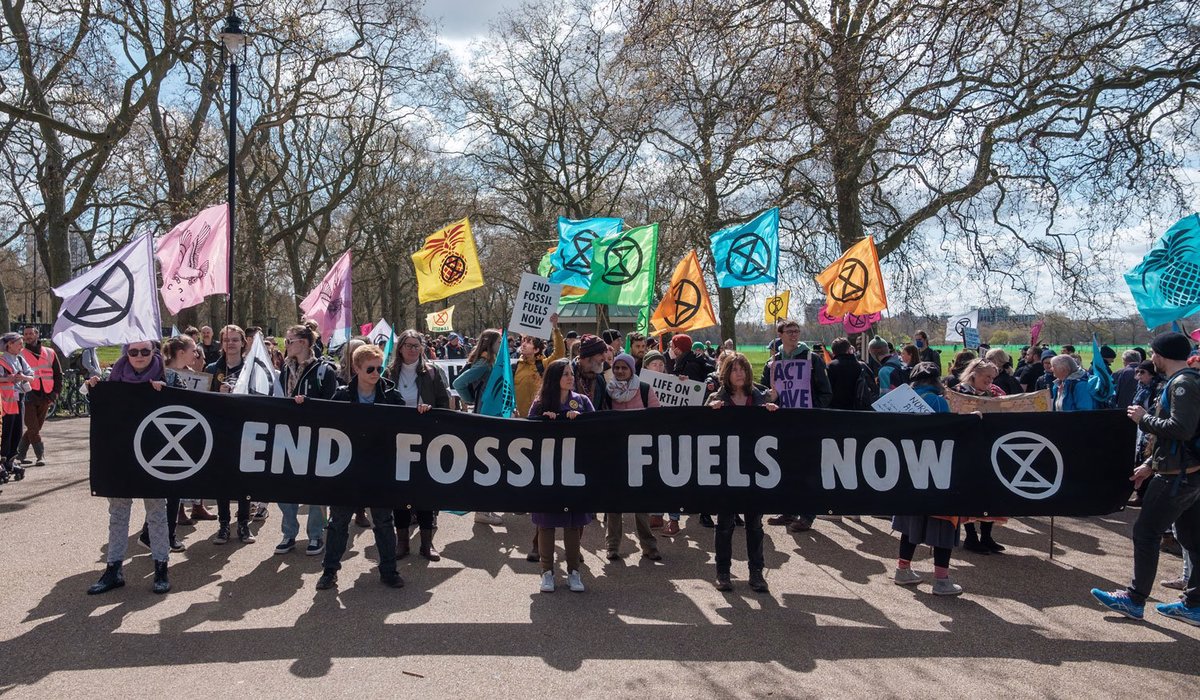GoodFuels lists five ways to scale alternative fuel uptake
Dutch biofuel supplier GoodFuels came up with measures shipowners can take to increase their uptake of fossil fuel alternatives during last week's Climate Week NYC.
 PHOTO: Protestors at the Climate Week NYC last week. GoodFuels
PHOTO: Protestors at the Climate Week NYC last week. GoodFuels
Organised by The Climate Group, a non-profit organisation that addresses climate change, Climate Week NYC is an annual climate event that takes place between 17-14 September in New York City. The event brings together international leaders from business, government and civil society to showcase global climate action.
This year’s event started off with protestors demanding that US politicians and policymakers work to put an end to fossil fuel dependency.
GoodFuels believes that their “form of ‘protest’ is providing concrete, ready-to-use alternatives to this system that the activists are protesting and working with our clients and industry partners to make sure our solutions are extensively tested, audited, verified, and reported on.”
GoodFuels argues for:
Invest in sustainable fuels
These can reduce a “fleet’s CO2e emissions by 80-90% (and even 92.4% in the case of biomethanol)," GoodFuels claims.
"Purchase of renewable fuels” is an “investment in the development of a more sustainable fuel system.” Currently existing decarbonisation technologies can be used now rather than waiting for more powerful decarbonisation technologies in the future.
Order conversion-ready vessels
Conversion-ready vessels have additional room allocated “for potential future installations of bunkering systems for new fuel types.”
Several shipowners are opting for conversion-ready container ships “that can be converted to run on lower-carbon fuels by retrofitting them at a later stage,” GoodFuels says quoting a recent study by the Maersk Mc-Kinney Møller Center for Zero Carbon Shipping (MMMCZCS).
While this approach would add to construction costs, it will likely also mean lower retrofitting costs when a low-carbon fuel conversion be needed.
It is “a sensible approach when considering the ongoing uncertainty over what low-carbon fuels will turn out to dominate the market in the long term,” the biofuel supplier adds.
Retrofit existing engines to run on renewable fuels
Engine makers including Wärtsilä and MAN Energy Solutions (MAN ES) have been retrofitting existing vessels to run on alternative fuels like methanol. In June, Swedish ferry operator Stena Line contracted Wärtsilä to convert some of its vessels to operate on methanol.
In July, MAN ES signed a deal to retrofit at least 15 of the container ships operated by Hapag-Lloyd and Seaspan to run on methanol.
Form or join a decarbonisation consortium
GoodFuels believes that “collaboration and knowledge-sharing” among industry peers is key to decarbonising of the entire industry.
It also urges the industry to “advocate for policies and incentives that support the adoption of renewable transportation technologies, to prevent political roadblocks when rolling out the new infrastructure.”
It has highlighted beneficial initiatives by the Global Centre for Maritime Decarbonisation (GCMD), like using fuel tracer in biofuels.
Monitor and report emission cuts and progress towards renewable energy goals
Tracking and sharing data is key to gaining knowledge and help scale up decarbonisation technologies across the industry.
By Tuhin Roy
Please get in touch with comments or additional info to news@engine.online






